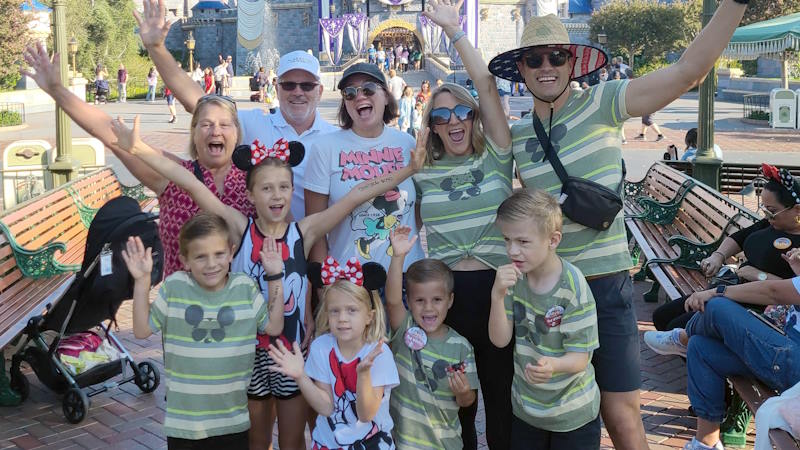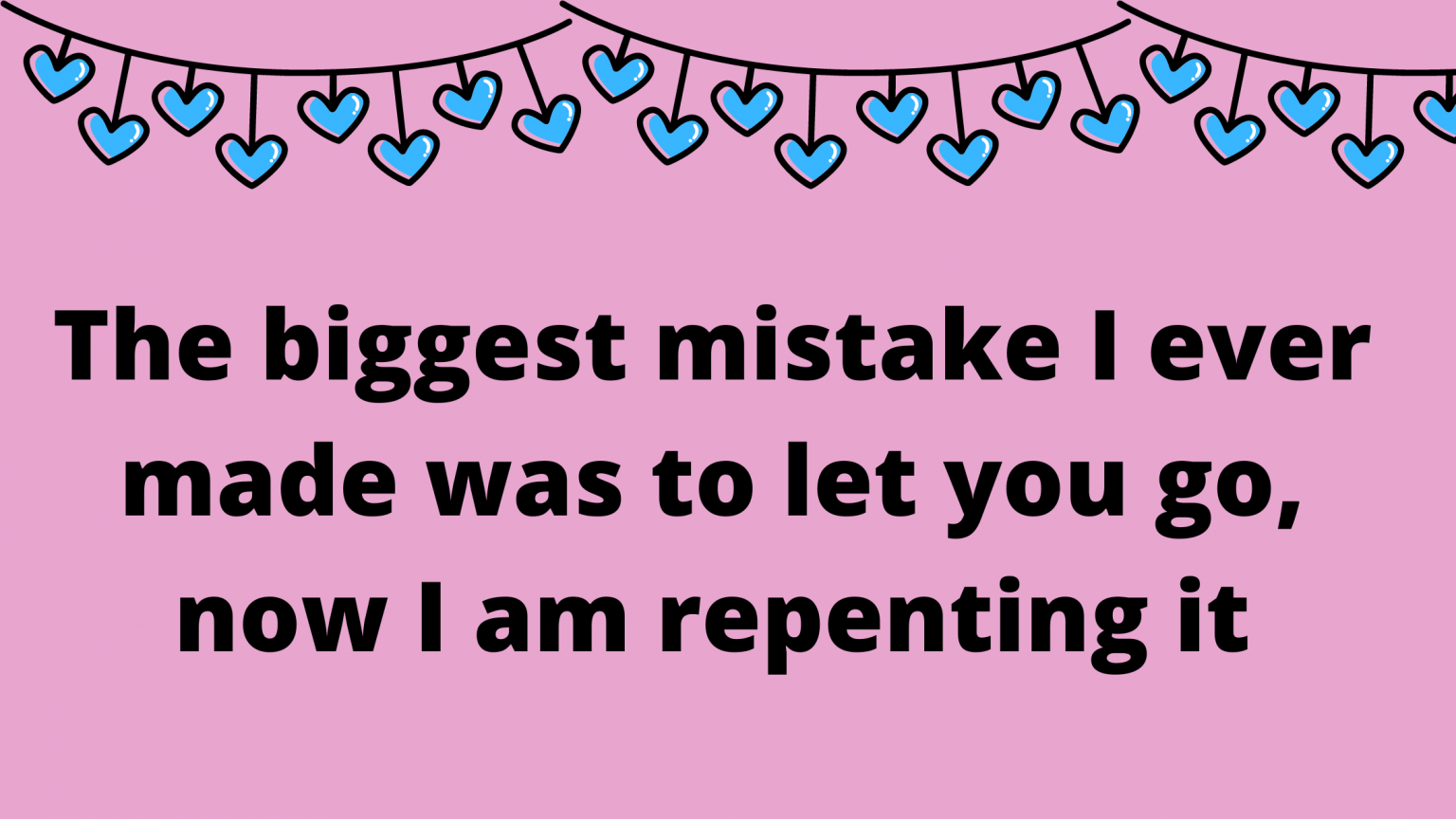
The Art of Communication: Reconnecting with Your Ex
Reconnecting with an ex is a complex undertaking, fraught with potential pitfalls and emotional complexities. While the reasons for seeking reconnection vary widely â€" from unresolved feelings to a desire for closure or even reconciliation â€" the process demands careful consideration and a strategic approach to communication. This essay will explore the nuances of reconnecting with a former partner, focusing on effective communication strategies and the crucial role of self-awareness in navigating this delicate situation.
Assessing the Rationale and Readiness
Before initiating any contact, a thorough self-assessment is paramount. Understanding your motivations for reaching out is the crucial first step. Are you seeking reconciliation, closure, or simply friendship? Honesty in this self-reflection is critical. Unrealistic expectations or a lack of clarity regarding your goals can lead to disappointment and further emotional distress for both parties involved. Consider these key questions:
Understanding Your Motivations
- What specific reasons drive your desire to reconnect?
- Are your expectations realistic and attainable?
- Have you processed the emotions associated with the previous relationship's ending?
- What outcome do you hope to achieve?
- Are you prepared for any possible outcome, including rejection?
Equally important is an assessment of your emotional readiness. Have you adequately processed the breakup? Are you emotionally stable and capable of handling potential emotional responses from your ex? Engaging in reconnection before resolving your own emotional baggage can lead to unproductive and potentially damaging interactions. Therapy or counseling can be invaluable in this process, providing a safe space to explore unresolved feelings and develop coping mechanisms.
Choosing the Appropriate Communication Channel
The method of initial contact significantly influences the tone and trajectory of the interaction. A casual text message might come across as dismissive or insincere, while a formal letter might feel overly dramatic. The ideal channel depends on several factors, including the nature of your previous relationship, the length of time since the breakup, and the specific context of your reconnection attempt.
Weighing the Options
- Text Message: Suitable for brief, informal inquiries, but lacks the nuance and emotional depth of other methods. Avoid using this for sensitive conversations.
- Email: Offers a more formal and considered approach, allowing for careful crafting of your message. Provides a written record of the conversation.
- Phone Call: Permits a more immediate and emotionally expressive exchange, but can be more challenging to manage if the conversation becomes heated.
- In-Person Meeting: The most direct and personal method, ideal for conveying complex emotions and achieving a sense of closure. However, it requires mutual agreement and careful consideration of the potential for emotional intensity.
Regardless of the chosen channel, the initial communication should be brief, respectful, and focused on expressing your intentions clearly and concisely. Avoid overly emotional language or accusations. The goal is to open a dialogue, not to rehash past conflicts.
Crafting Your Message: The Art of Clarity and Respect
The content of your initial communication is crucial. It must be crafted carefully to reflect your respect for your ex's feelings and boundaries. Avoid accusatory language, overly sentimental expressions, or attempts to manipulate their emotions. Focus instead on conveying your reasons for reaching out in a direct and honest manner.
Key Elements of an Effective Message
- A clear and concise statement of your intention: State your purpose for contacting them upfront and without ambiguity.
- Respectful and considerate language: Avoid accusatory or judgmental language. Acknowledge their feelings and perspective.
- A focus on the present: Avoid dwelling on the past. Concentrate on your current motivations and goals.
- A respectful closing: End the message with a polite and considerate closing, respecting their right to decline further contact.
For example, a well-crafted email might begin with: "I hope this email finds you well. I'm writing to you today because I've been reflecting on our past relationship, and I felt it was important to reach out. I'm not looking to rekindle our romance, but rather to have a conversation about [state your reason, e.g., unresolved issues, closure, or simply to see how you are doing]. Please let me know if you would be open to a conversation."
Navigating the Response and Subsequent Interactions
Your ex's response will likely shape the subsequent course of interaction. Be prepared for a range of possible responses, from enthusiastic acceptance to polite refusal or even anger. Respect their response, whatever it may be. Do not pressure or guilt them into engaging further if they are uncomfortable or unwilling. A mature response involves accepting their decision gracefully and avoiding further contact unless they initiate it.
Handling Various Responses
- Positive Response: Maintain a respectful and calm demeanor. Focus on listening and understanding their perspective. Avoid pushing for more than they are willing to offer.
- Neutral Response: Acknowledge their response without pressuring them for further engagement. Respect their boundaries and give them space.
- Negative Response: Accept their decision without argument or resentment. Respect their right to decline further contact and avoid any attempts to persuade them otherwise.
If the interaction progresses, continue to prioritize open, honest, and respectful communication. Active listening is crucial. Focus on understanding their perspective and acknowledging their feelings. Avoid becoming defensive or engaging in arguments. The goal is to achieve your desired outcome â€" be it closure, reconciliation, or simply a friendly conversation â€" in a manner that is respectful and considerate of both parties involved.
The Importance of Self-Care Throughout the Process
Reconnecting with an ex can be emotionally taxing, regardless of the outcome. Prioritizing self-care throughout the process is vital to maintaining your emotional well-being. This includes setting boundaries, managing expectations, and seeking support from friends, family, or a therapist. Remember that your emotional health is paramount, and it’s acceptable to disengage if the interaction becomes too emotionally draining.
Strategies for Self-Care
- Set Boundaries: Define your limits in terms of time, energy, and emotional investment.
- Manage Expectations: Avoid unrealistic expectations about the outcome of the reconnection.
- Seek Support: Talk to trusted friends, family, or a therapist about your experience.
- Practice Self-Compassion: Be kind to yourself throughout the process, regardless of the outcome.
Ultimately, the art of communication in reconnecting with an ex involves a delicate balance of honesty, respect, and self-awareness. By approaching the situation with careful consideration, clear intentions, and a commitment to self-care, you can navigate this complex process with greater emotional intelligence and achieve a more positive and fulfilling outcome.





